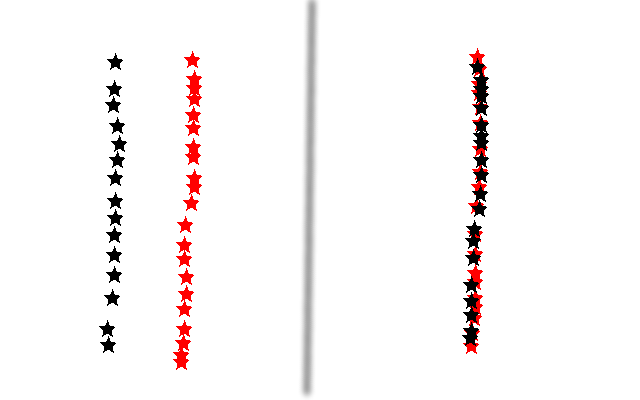I have a classification problem. I want to reduce number of features to 4 (I have 30). I'm wondering why I get better result in classification when I use correlation based feature selection(cfs) first and then employ pca in comparison with just employing pca (the latter one is worse than the first one). It also should be mentioned that data loss in the second approach (just pca) 0.2-variance cover:0.8- and in the first one is 0.4 -variance coverd: 0.6!
Thank you in advance

